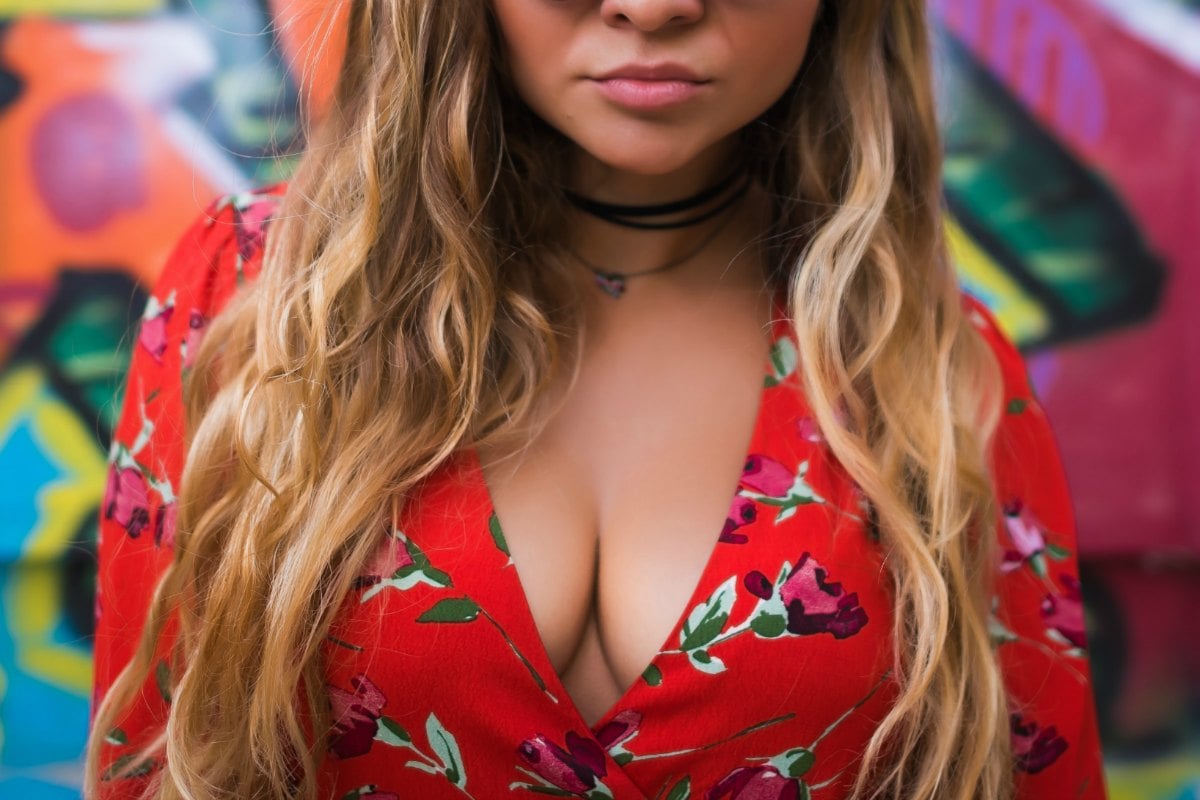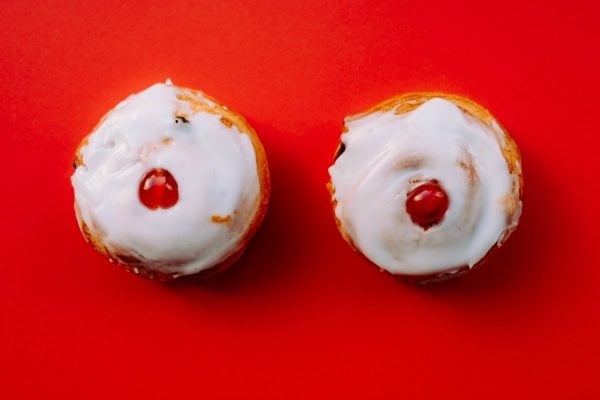
I sat inside the Victoria’s Secret dressing room, topless and humiliated. On the other side of my dressing room door, my friends squealed about all the cute, lacy bras they were getting from the semi-annual sale. Feeling freakish and ugly because I couldn’t stuff my breasts into the DDs — the biggest bras in the store — I sat on the floor and bawled, sure there was nothing I could do about it.
I’ve never been the pretty girl. My mum and best friend would object, but they know it’s true. The ‘smart one’, the ‘hip one’, the ‘crazy one’ — sure, but never pretty. I didn’t hit puberty until ninth grade, but then it came all at once. My completely flat chest ballooned to a C almost overnight. My friends said I was so lucky, and by my sophomore year of college, I was 5 feet 2 inches (1.57 metres) and 36DDD. I envied those who could wear skimpy tops, buy bathing suits from the mall, and even go braless.
No matter how many layers I wore, when I walked by shop windows, I’d see my chest bouncing by in the reflection. I walked a lot, and almost daily, men would make lewd comments and gestures at me out of car windows. I learned to cross my arms across my chest and pretend to ignore the calls of “hey baby” and “hey slut”.
Team Mamamia Out Loud discuss the feminist implications of a society that is entirely preoccupied with women’s looks:


Top Comments
I’m a little bit stunned that you went home straight away after surgery, with not even one night in hospital! I’m assuming this is in America? Yikes! I’m glad you were happy with the results, a friend of mine had the same surgery done here, and was similarly pleased.